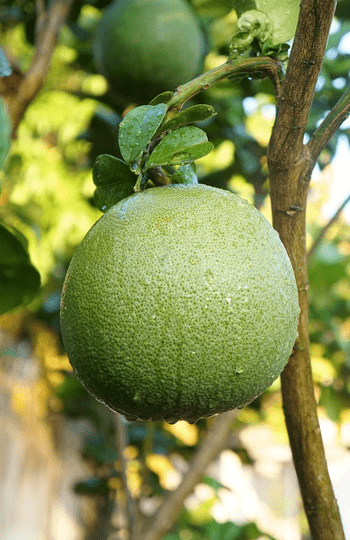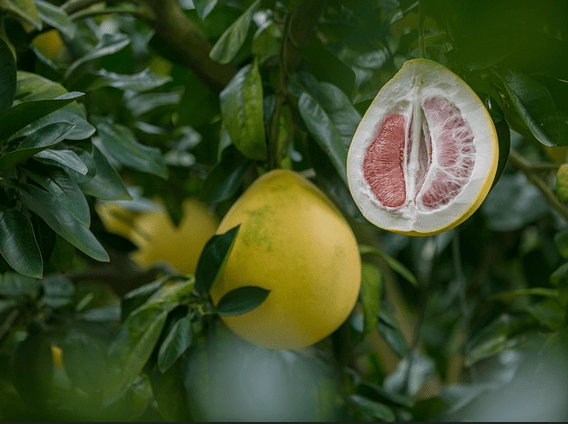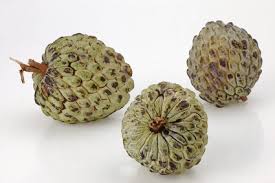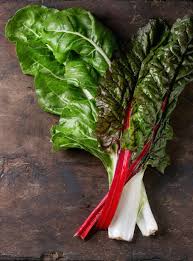Somehow, the pomelo often gets overlooked in the citrus family. Unlike oranges, grapefruits, lemons, and clementines, which are considered classic citrus fruits, the pomelo seems to be the odd one out. Why is that? Perhaps it's because its thick skin makes it a bit more challenging to peel.
But the pomelo is actually one of the oldest citrus fruits. While it has undergone cultivation over the years, wild varieties still exist in Southeast Asia, making it more analogous to the orange. In fact, grapefruits, lemons, and clementines are actually hybrids.
For example, the grapefruit, which we reviewed in this newsletter a couple of weeks ago, was created in the late 17th century when a British sea captain named Shaddock crossed an orange with a pomelo in Barbados. Interestingly, even though the pomelo has been known in Asia for thousands of years, it was Shaddock who introduced it to Europe, and in English, it is still often called a “Shaddock Pomelo”.

When did the pomelo arrive in Israel? Well, it depends on how you look at it. According to the agricultural researcher Shmuel Tolkovsky, the pomelo was grown in Israel during the Arab period but disappeared as a commercial crop during the Ottoman era.
However, the current pomelo trees in Israel can trace their roots back to a young man named Shmuel Holtzman, who immigrated from Australia during the Second Aliyah in 1910. On his way from Australia, Holtzman stopped in Singapore and brought with him a few pomelo seedlings.
Only two survived the journey, but they became the ancestors of the first pomelo varieties grown in Israel. Although pomelo groves have existed in Israel ever since, the fruit remained relatively unpopular. In recent years, however, Israelis have rediscovered the pomelo and come to appreciate its unique qualities.
The pomelo is packed with fiber, vitamins like vitamin C, and riboflavin, a B vitamin essential for healthy hair and nails. It's also incredibly delicious, with a sweet and tart flavor that's perfect for eating on its own. Personally, I love adding pomelo to salads and cold platters.

In recent years, a wonderful variety of red pomelo has been cultivated in Israel. With its thin skin and rich, deep flavor, it's a real treat. Like many red fruits, the pigment responsible for the red color is lycopene, an antioxidant that helps lower blood pressure and, according to some studies, may reduce the risk of certain cancers.
So, the pomelo, a truly seasonal fruit, has arrived in our fruit baskets. With its unique flavor, nutritional benefits, and interesting history, the pomelo deserves a place in every fruit lover's heart.








